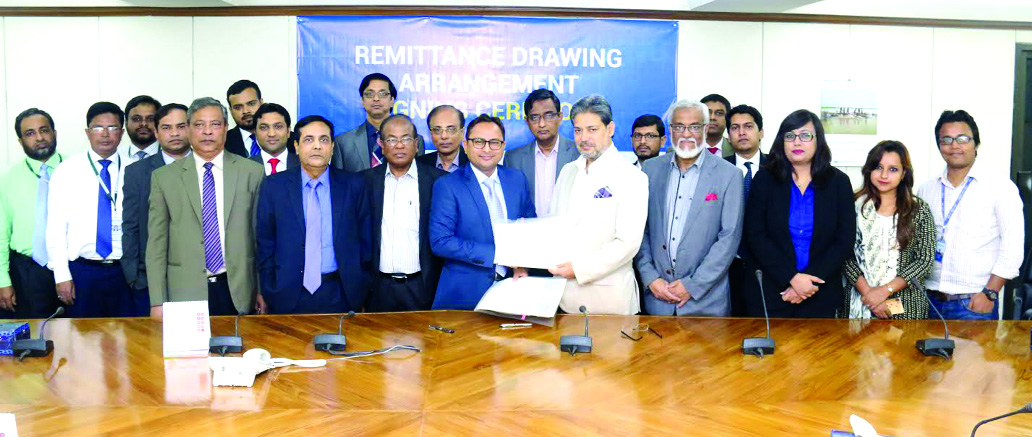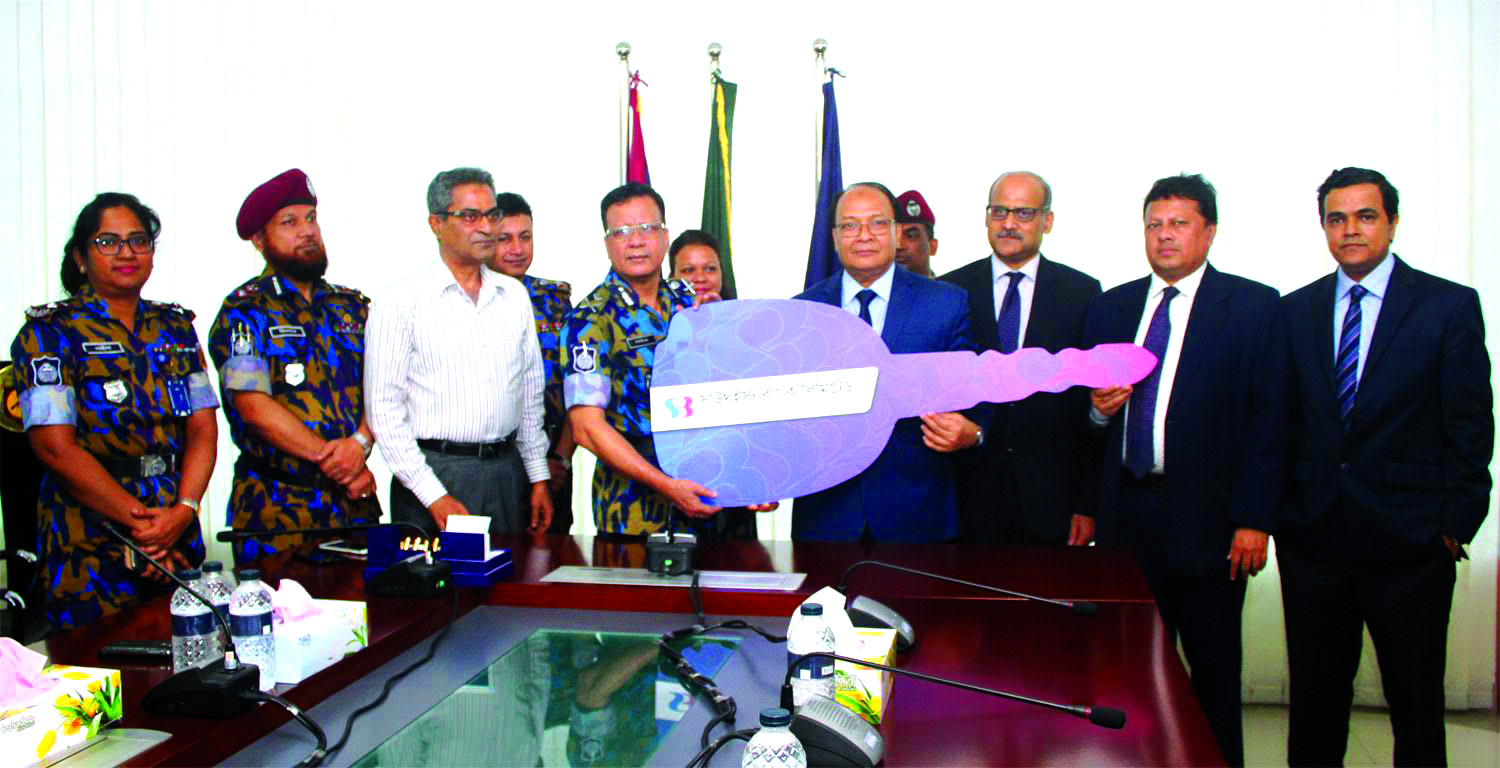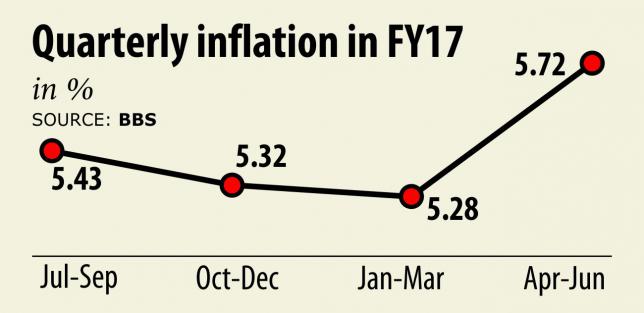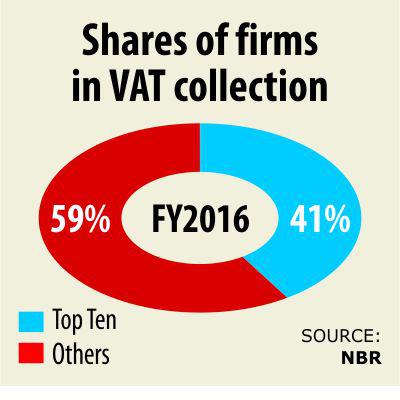For the first time in the country's history inflation data was released in a quarterly format, doing away with the global standard practice of releasing monthly data -- much to the criticism of economists.
In the last quarter of fiscal 2016-17, inflation edged up about 44 basis points from the previous quarter to 5.72 percent, according to the data unveiled by Planning Minister AHM Mustafa Kamal yesterday.
The reason for the switch to quarterly reporting put forward by Kamal was the veracity of the monthly data: the Bangladesh Bureau of Statistics is unable to capture the monthly changes in the Consumer Price Index timely.
“If data is released every month, in many cases the data is not accurate,” he said.
The switch in reporting frequency comes at a time when inflation, a measure of changes in the prices of a basket of goods and services, is on the rise owing to a spiral in the prices of rise, Bangladesh's staple food.
For instance, inflation stood at 5.03 percent in December last year, which crept up to 5.15 percent, 5.31 percent and 5.39 percent in the succeeding three months respectively.
“The decision to switch from monthly to quarterly CPI is a step in the wrong direction,” said Zahid Hussain, lead economist of the World Bank's Dhaka office.
The government move makes it the work of analysts and policymakers much harder, as they will need to base their inferences, forecasts and economic decision-making on hard and current data.
Almost everything that the government and the Bangladesh Bank decide is justified by how the data are moving lately.
And those decisions are viewed by the public and other stakeholders -- including the multilateral financial institutions, investment banks, rating agencies, development partners, and civil society -- against the underlying data, he said.
The importance of sound and accurate early estimates of economic trends is of utmost importance to national economic authorities for the decision‐making process.
“All over the world, an increasing number of countries are producing high frequency economic data. Why BBS is moving in the opposite direction is hard to fathom,” he added.
Kamal had earlier said the BBS will continue to prepare data on a monthly basis, which will be made available on the statistical agency's website. As of 6pm yesterday, no monthly data past the month of March was available.
Between the months of April and June this year, both food and non-food inflation went up, according to the planning ministry data.
In the last quarter of fiscal 2016-17, food inflation stood at 7.27 percent, up from 6.74 percent in the previous quarter. A year earlier, it was 3.96 percent.
Non-food inflation during the quarter stood at 3.47 percent, in contrast to 3.12 percent the preceding three months.
Inflation rose mainly due to the increase in prices of rice, whose stock in government warehouses is on the decline and production too was hampered due to natural calamity. On July 9, the stock of rice stood at 1.67 lakh tonne.
The government took various steps to increase the stock but the rice price did not come down. Coarse rice is still selling at nearly Tk 48.
Meanwhile, inflation stood at 5.44 percent last fiscal year, down from 5.92 percent logged in for fiscal 2015-16.
Food inflation was 6.01 percent last fiscal year, up from 4.90 percent a year earlier. Non-food inflation was 4.61 percent, down substantially from fiscal 2015-16's 7.43 percent.
The overall inflation declined in fiscal 2016-17 from a year earlier because of a significant decline in non-food inflation, Hussain said. “But the decline masks the steep rise in food inflation.”
The aggregate demand growth slowed in fiscal 2016-17 due to 15 percent decline in remittances and depressed earnings in garments. Monetary restraint also helped, he said. The rise in food inflation reflects mostly rice price increases due to cost push factors such as high tariffs on rice imports as well as production shortfalls due to early floods and blast outbreak and a decline in public stocks.
Measures taken recently by the government such as reduction of duties, allowing zero-rated letters of credit margin requirements for rice imports and the government-to-government procurement of rice from Vietnam should help ease rice prices in the immediate future.
The BB should maintain continuity in its forthcoming monetary policy statement so that the success achieved in reducing food inflation is sustained, Hussain added.
news:daily star/12-jul-2017



 Choudhury Moshtaq Ahmed, Managing Director (CC) of
Choudhury Moshtaq Ahmed, Managing Director (CC) of M Kamal Hossain, Managing Director of
M Kamal Hossain, Managing Director of 
